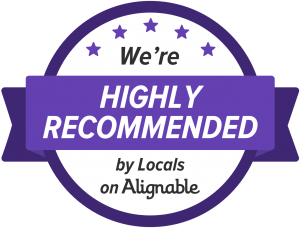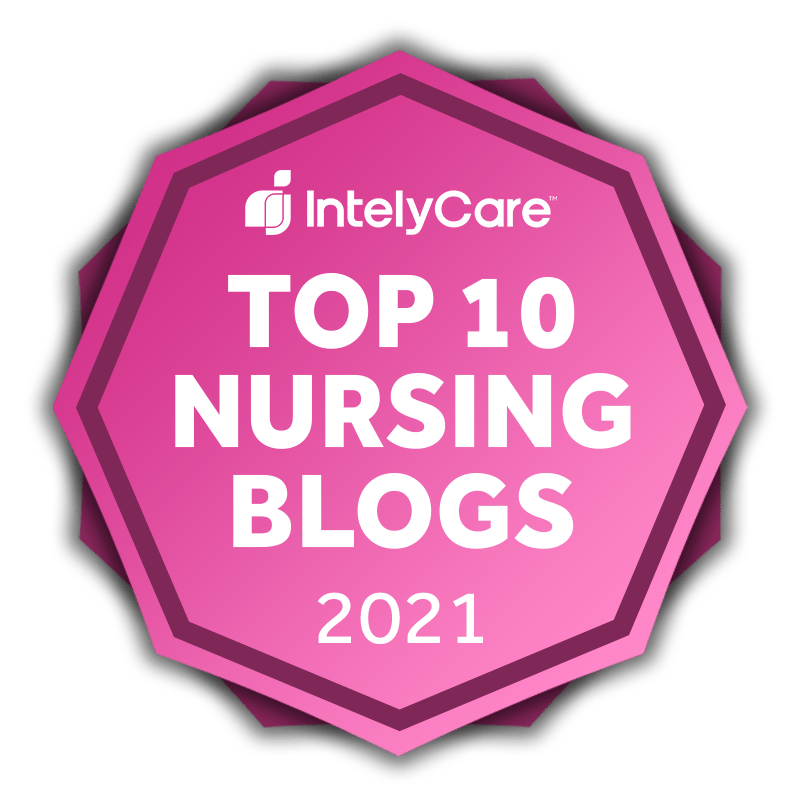I hope you have been enjoying this series. I also hope you have gained valuable insights into the importance of taking action in preparing for an event that leaves you and your family wondering how we got here and how we’ll manage to move forward.
I recently saw the above image about a LifeQuake and thought it described the feeling I had when I was diagnosed with a Brain Tumor in 2014. I found out I was critically ill, lost my job, and I was thrust into the complex world of healthcare in a second. My husband became my advocate and was there for me every step of the way. It was a scary time for us both. My preparation came from the assistance of colleagues I had as a catastrophic case manager. They answered questions and helped us find resources.
Healthcare today is complex, costly, and too often impersonal. Many feel it’s evolved into a system driven more by profit than compassion. It’s easy to lose sight of the humanity that should lie at the heart of it all. But amidst the chaos, some continue to bring empathy, connection, and healing into the lives of those they serve. Let’s look at some of what I call Helping Professionals who are in place to help people navigate the complex healthcare system.
I coined the phrase “helping professionals” because numerous professionals are in place to assist people. We all do basically the same thing, but have different titles and work in various areas across the healthcare system. Roles include providing medical management, insurance advocacy, social advocacy, and care coordination for individuals with complex conditions who require assistance. Here is a description of each and how to reach them.
Independent Professional Patient/Health Advocates: These professionals, who hold a Board Certification, a license, or possess expertise gained through life experiences, are in place to assist individuals in navigating the healthcare system. They work directly for the individual and are paid directly by the patient, the family, or the employer. They can be found through various search engines. Costs range from $75.00/hr and up, depending on the area of the country, the discipline of the advocate, and the experience they bring. They work with the individual patient/family, helping to coordinate care, find necessary resources, provide education on the patient’s condition, improve communication, and ensure the patient’s wishes are heard and met. They do not provide hands-on care but connect individuals with resources to help manage their needs. They can be a godsend, taking some of the burden off the patient and caregivers, as they know how to navigate the healthcare arena. It’s best to find an advocate before an “Lifequake” comes up, so if you are a patient with a complex condition, or have a family member who could use an advocate, research them now so you are prepared and have someone to depend on.
Here are some ways to find a patient/health advocate.
- Word of Mouth: If a family member or friend has worked with a patient/Health Advocate, you know how important they are in helping a person/family navigate the healthcare system. Take their advice and talk to the advocate. They can point you in the right direction.
- National Association of Healthcare Advocacy (NAHAC) https://nahac.com/directory-of-advocates#!directory. NAHAC is the professional organization for patient/health advocates. Members of NAHAC are listed in their online directory. You can find one by putting your zip code in the search engine. Many advocates work virtually, so they might not be in your neighborhood, but they can still help you get started.
- Greater National Advocates (GMA – NOW) https://gnanow.org is an online system that connects you with an advocate based on your zip code.
- UMBRA: UMBRA is the Consumer Facing Platform of the Alliance of Professional Health Advocates. UMBRA connects people to Patient/Health advocates. https://umbrahealthadvocacy.com
- Health Advocate X: https://healthadvocatex.org is a professional organization based in Seattle, WA, with advocates across the country.
- Aging Life Care Specialist: This is a professional organization for professionals who specialize in those with long-term care needs. They offer a search feature to find an Aging Life Care Specialist. https://www.aginglifecare.org/Shared_Content/ALCA_Directory/ALCA_Find_an_Expert.aspx?hkey=6c3ced7c-b5f0-4d27-9d30-37734ab6cf49
The Patient Advocate Certification Board (PACB) is the Certification Body that certifies those who meet specific eligibility criteria to sit for the Patient Advocate Certification Exam. They have a list of all who have passed the exam. If you want to verify a person listed on the platform, you can contact the PAC Board via this website. https://www.pacboard.org/bcpa-certificant-list
Institutional Helping Professionals
Hospital Case Managers/Social Workers, Patient Advocates/Patient Experience Officers: Most hospitals, Rehabilitation Hospitals, Nursing Homes, and other inpatient settings have staff to assist patients and families with questions or challenges they face when admitted to the hospital. It is important to remember that these professionals work for the hospital, so their allegiance is to the hospital. Still, they can be helpful when a person has a question about their care and the care plan for people using their services. They will usually also provide discharge services and help people set up care with home care, durable medical equipment companies, and pharmacies to get needed medication and equipment for the patient/family.
Insurance Caring Managers
Managed Care Customer Service personnel and Case Managers: Each Managed Care Company has people who are called Customer Representatives who answer your calls and try to direct you to the appropriate department that can answer your questions. 99% of the time, they can help you, but when they can’t, they can refer you to the Case Management Department. Case managers are in place to help members better manage their care. Some managed care organizations have nurse lines that will help you with medical questions, so calling your insurance company when you have questions or need advice is a resource you should utilize. They are all aware of the benefits and whether your plan covers the resources your team is ordering. If you have a need that the insurance does not cover, they may be able to connect you to a community resource that can help you
Medicare Beneficiaries can now get an advocate through Medicare. Solace is a new company venturing into the advocacy space. Others will be emerging into he area, so help will be available for many who cannot pay for a private advocate. You can learn more here https://www.solace.health/
I hope this article provides you with insight into who is available to help you and your family navigate the complex healthcare system. If you have a question, please let me know. You can reach me at allewellyn48@gmail.com.
Have a good week! Stay well!














Anne,
A great deal of the above activities you identified are exactly what I did for many years (39), after 10 years bedside nursing.
Although I have retired my RN license and my Certified Case Management certification, through work experience and personal involvement with family and friends, I certainly am available as an advocate for either a patient/client or their family.
I do miss my work. Friends who know me and what I did during my professional career, call upon me to help them out.
Excellent Barbara…..once we are in this field (Nursing and Case Management we are forever advocates. Keep up your work! We need you out there.
Anne,
I retired last year and found I utilized the skills I learned through nursing licensure, case management certification and the variety of continuing education opportunities to assist clients and their families. Today I share my knowledge with family, friends, and neighbors as the need arises. I find your posts invaluable. Thank you!